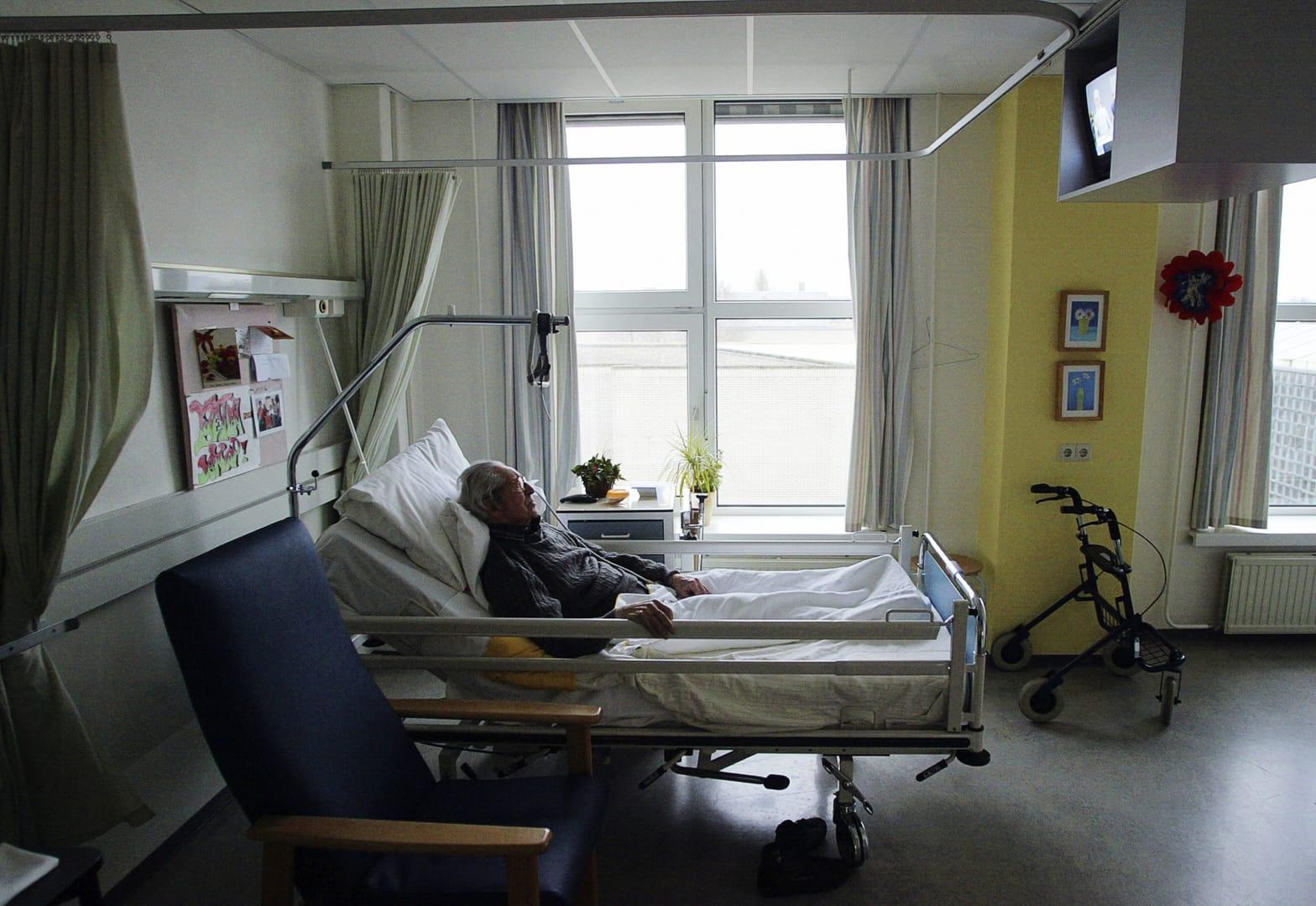In the Netherlands there seems to be a taboo on openly discussing the dark sides of euthanasia in the country. Dutch ethicists Theo Boer and Stef Groenewoud think it’s important to show those sides of the story as well.
“Euthanasia is not all wonderful and dignified,” they said
Instead of a last resort to avoid terrible suffering, euthanasia in the Netherlands has become a way to avoid a terrible life.
“Ever since the legalization of euthanasia, a page has been turned in the Netherlands,” the ethicists told the Dutch Catholic newspaper Katholiek Nieuwsblad.
Boer and Groenewoud collected more than forty stories from people who were involved in euthanasia in some way. This led to a recently published book in which, perhaps for the first time, the negative stories of euthanasia in the Netherlands are being told.
This is important because, according to the authors, there is clearly a taboo in the country on discussing the negative aspects of euthanasia.
“Euthanasia is often romanticized,” said Boer, professor in medical ethics at the Protestant Theological University in Groningen.
“This is partly due to the fact that, when it comes to euthanasia, the Netherlands is in the international spotlight. When something negative is said about the Dutch euthanasia laws, foreign critics are quick to say: ‘It’s all going wrong over there.’ In our country, a certain patriotism is expected from Dutch ethicists on this point,” he said.
The book is called Leven Met Euthanasie (“Living with Euthanasia”) and was published earlier this year. It is not yet available in English.
The authors deliberately chose to only lightly edit the stories of relatives of a loved one who chose to end his or her life through euthanasia. Beautiful or nasty details have not been brushed away, nor were certain kinds of stories selected or censored. The candid stories in the book thus provide a realistic view of the practice of euthanasia in the Netherlands.
“Under the surface there are experiences that you don’t usually hear about, which we bring to the fore in this book,” says Groenewoud, who is a health scientist and ethicist at Radboud university medical center in Nijmegen. A number of experiences in the book make it clear that euthanasia is not always a pleasant way to end a life. “That’s also a story worth telling.”
The authors also discuss the Dutch euthanasia debate, which they believe has changed in recent years. According to Boer, ever since the legalization of euthanasia in the Netherlands, the paradigm has changed, from “euthanasia as a last resort” to “euthanasia as a beautiful way to die.”
“Ultimately, the winning paradigm determines that the dark sides are not allowed to be discussed. We however want to make clear: Euthanasia really isn’t all hallelujahs. It is not all wonderful, dignified and beautiful.”
This realization also seems to be gaining acceptance among outspoken advocates of euthanasia: A cultural shift seems to have taken place in the Netherlands in recent years. In 2017, for example, more than 220 doctors spoke out collectively against euthanasia for elderly people suffering from dementia.
Boer sees this shift happening as well.
“I know a number of people who say: ‘I have never been against euthanasia, but the way things have turned out in the Netherlands, for example euthanasia for people suffering from dementia, mental illness and some disabilities, and later for people who feel their life has been completed, is not at all what we intended’. From a last resort to avoid terrible suffering, euthanasia in the Netherlands has become a way to avoid a terrible life,” he said.
This news article was translated for Crux by Susanne Kurstjens-van den Berk.













